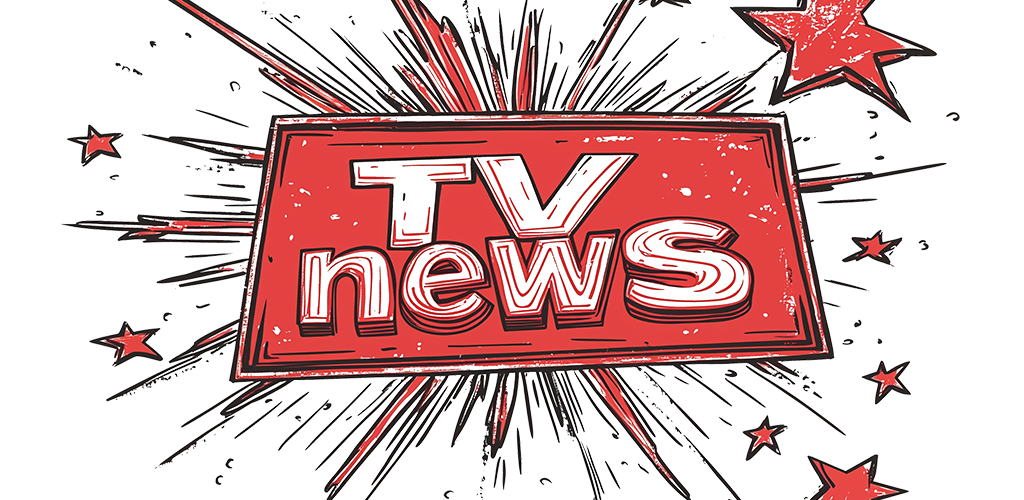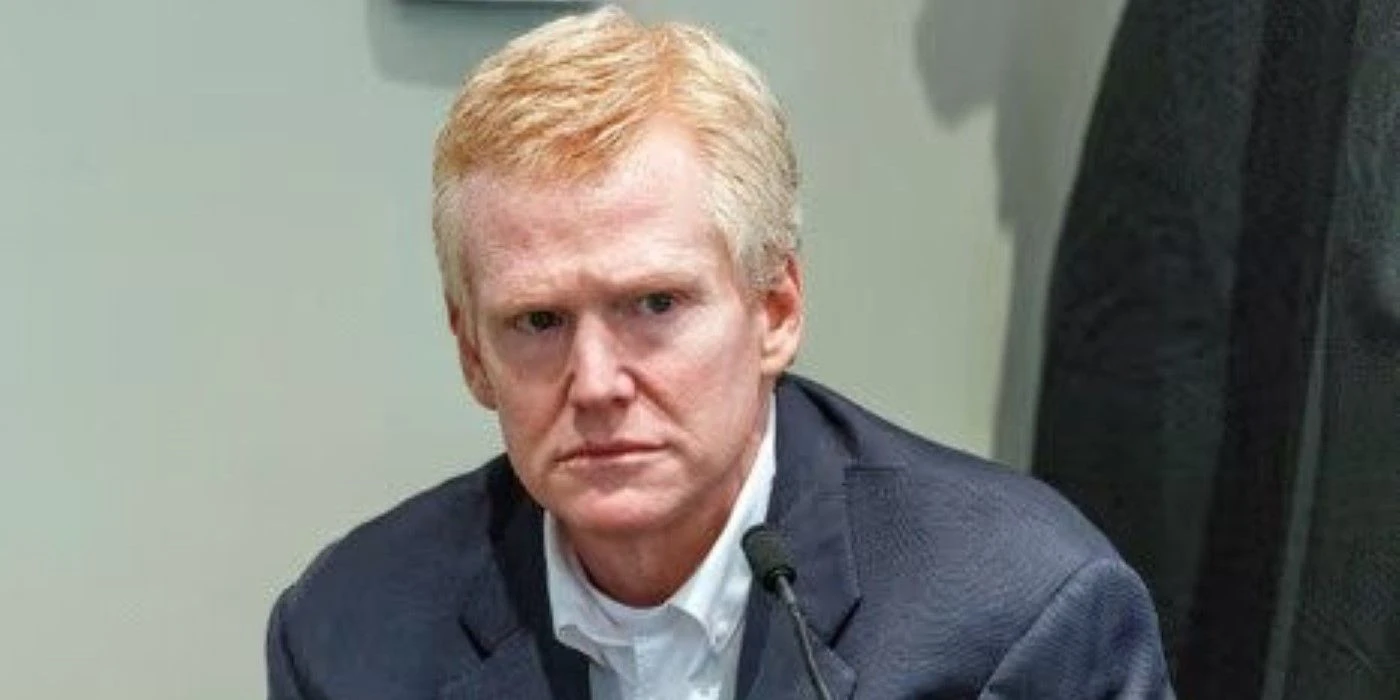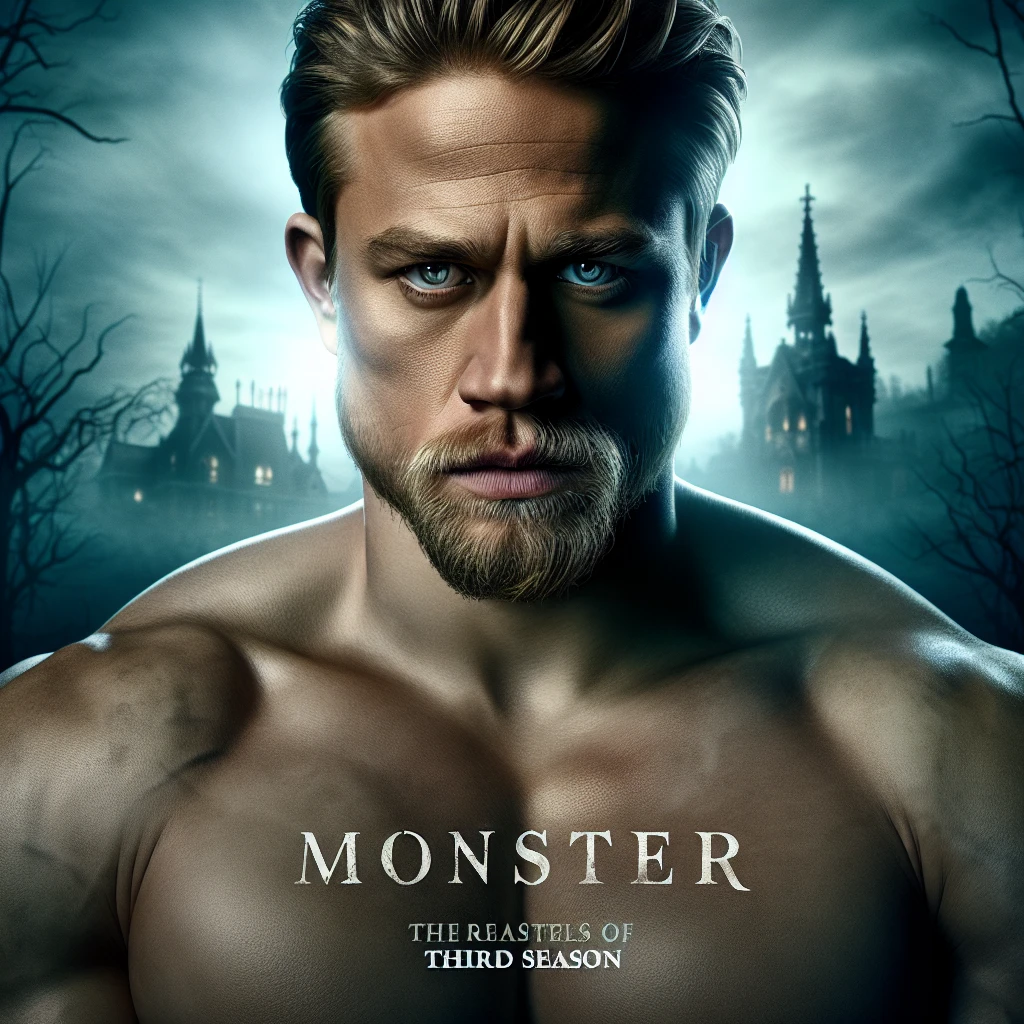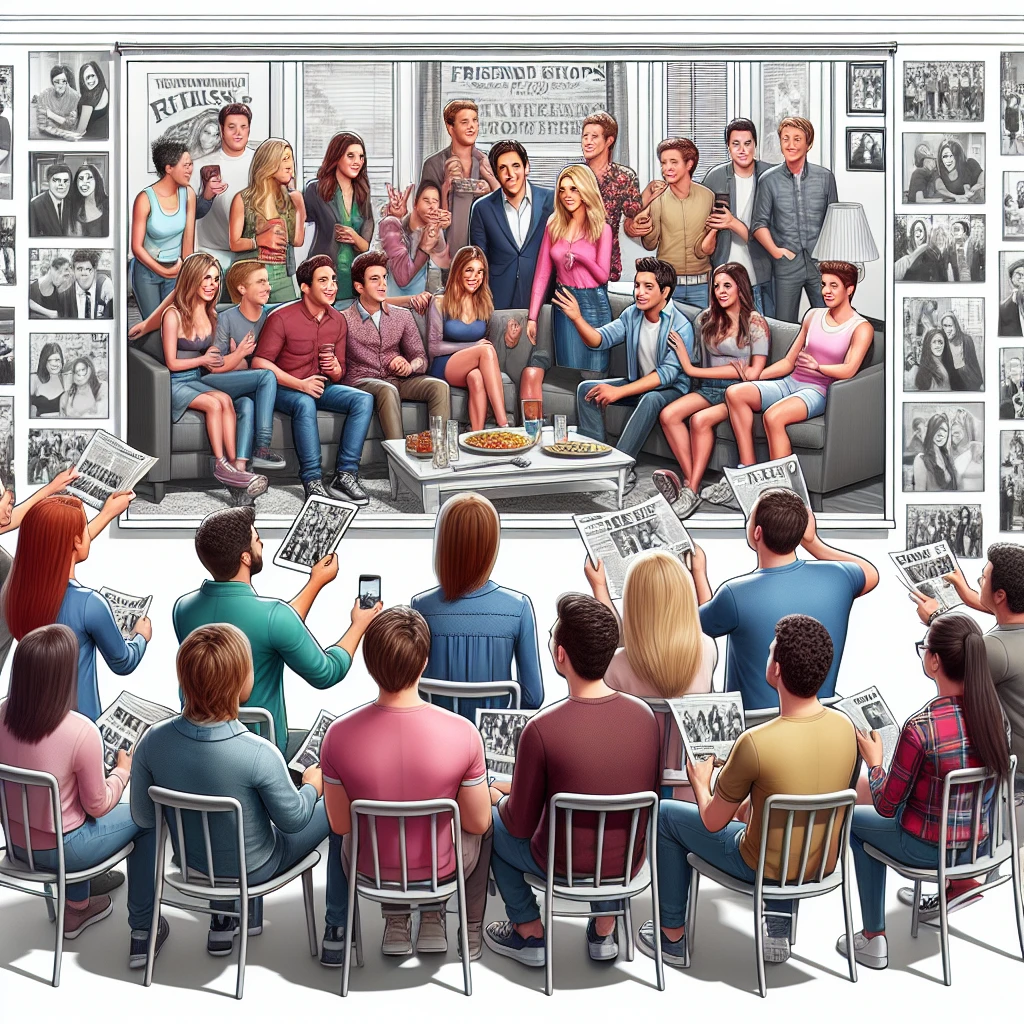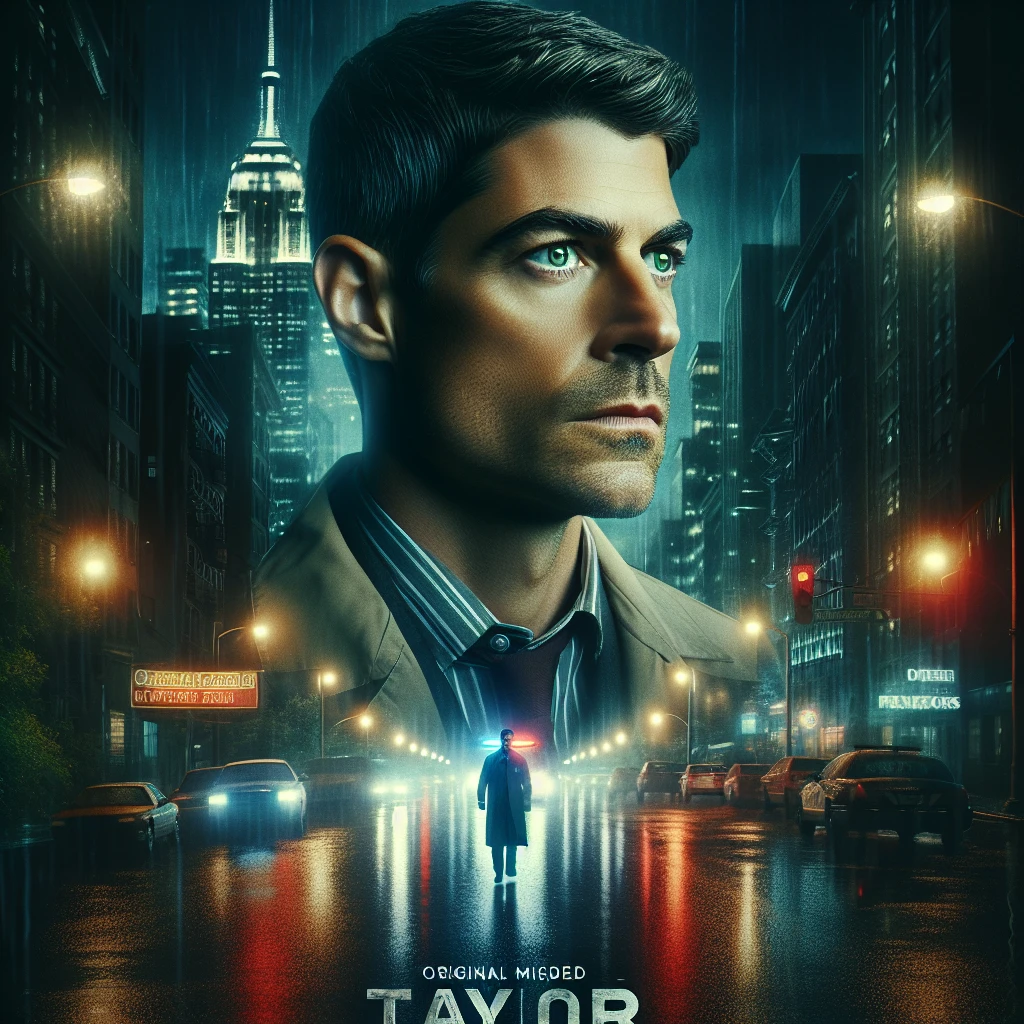An AI researcher delves into HBO’s Westworld to evaluate its depiction of artificial intelligence. This four-season series, inspired by Michael Crichton’s original film, initially examines a futuristic theme park where wealthy guests indulge their ultimate good-versus-evil fantasies using artificial beings. Featuring the talents of Evan Rachel Wood, Jeffrey Wright, Ed Harris, and James Marsden, the show earned critical acclaim in its first two seasons for its science fiction themes and acting. However, the reception for seasons 3 and 4 was generally positive, which contributed to the cancellation of a fifth season.
In a recent video for Insider, Sasha Luccioni assesses Westworld’s AI accuracy. The first scene she reviews is from season 1, episode 16, where Maeve (Thandiwe Newton) manipulates the tablet controlling her and discovers it predicts her speech. The tablet employs a dialogue tree, a method now considered outdated because, as Luccioni describes, they are “really brittle.”
Modern chatbots, which rely on large language models, have moved beyond this rigid, deterministic structure for dialogue planning. Instead, they use probabilistic methods to predict subsequent words. The realism of chat and dialogue systems today stems from training on vast datasets of billions of words. Thus, this scene is charmingly nostalgic for its use of an early AI technique in an advanced and futuristic setting.
Luccioni then examines a scene from season 3, episode 7, where AI drones target individuals for elimination. She criticizes the scene as unrealistic, citing the inaccuracy of AI drones in warfare. Furthermore, she argues that delegating life-and-death decisions to AI drones is “completely unacceptable from a moral and ethical standpoint.”
In that scene, the drones perform facial recognition, a realistic ability of contemporary drones. However, Luccioni doubts a drone’s capacity to identify, engage, and follow up with precision in real-time, given AI’s current limitations in predicting future actions reliably:
For me, the implausibility lies in how a projectile would track a moving target spotted by the drone five minutes earlier. There appears to be a missing component bridging reconnaissance and engagement. Nonetheless, the initial reconnaissance phase seems technologically plausible.
Considering the accuracy of the dialogue systems and the drones’ shortcomings, Luccioni rates Westworld a 6/10.
Interpretation of Luccioni’s Westworld Analysis
HBO’s Westworld centers on artificial intelligence, with its primary characters being AI entities rather than humans. This premise suggests that the show’s writers likely conducted AI research, and season 1 appears to reflect a sound understanding of AI capabilities and practices. While Luccioni has reservations about season 3’s AI portrayals, her evaluation aligns with today’s AI advancements. Although Westworld is set in 2053, allowing for potential technological evolution to meet the show’s vision.
Our Perspective on Luccioni’s AI Analysis of Westworld
[embedblock type=”gallery”]WyJodHRwczpcL1wvdHZuZXdzLmxpZmVcL3dwLWNvbnRlbnRcL3VwbG9hZHNcL3NpdGVzXC84XC8yMDI0XC8wOVwvZXZhbHVhdGluZy1haS1yZWFsaXNtLWluLWhib3Mtd2VzdHdvcmxkLWEtY3JpdGljYWwtYW5hbHlzaXMtYnktc2FzaGEtbHVjY2lvbmkud2VicCIsImh0dHBzOlwvXC90dm5ld3MubGlmZVwvd3AtY29udGVudFwvdXBsb2Fkc1wvc2l0ZXNcLzhcLzIwMjRcLzA5XC9ldmFsdWF0aW5nLWFpLXJlYWxpc20taW4taGJvcy13ZXN0d29ybGQtYS1jcml0aWNhbC1hbmFseXNpcy1ieS1zYXNoYS1sdWNjaW9uaS53ZWJwIiwiaHR0cHM6XC9cL3R2bmV3cy5saWZlXC93cC1jb250ZW50XC91cGxvYWRzXC9zaXRlc1wvOFwvMjAyNFwvMDlcL2V2YWx1YXRpbmctYWktcmVhbGlzbS1pbi1oYm9zLXdlc3R3b3JsZC1hLWNyaXRpY2FsLWFuYWx5c2lzLWJ5LXNhc2hhLWx1Y2Npb25pXzY2OS53ZWJwIiwiaHR0cHM6XC9cL3R2bmV3cy5saWZlXC93cC1jb250ZW50XC91cGxvYWRzXC9zaXRlc1wvOFwvMjAyNFwvMDlcL2V2YWx1YXRpbmctYWktcmVhbGlzbS1pbi1oYm9zLXdlc3R3b3JsZC1hLWNyaXRpY2FsLWFuYWx5c2lzLWJ5LXNhc2hhLWx1Y2Npb25pXzk2MS53ZWJwIiwiaHR0cHM6XC9cL3R2bmV3cy5saWZlXC93cC1jb250ZW50XC91cGxvYWRzXC9zaXRlc1wvOFwvMjAyNFwvMDlcL2V2YWx1YXRpbmctYWktcmVhbGlzbS1pbi1oYm9zLXdlc3R3b3JsZC1hLWNyaXRpY2FsLWFuYWx5c2lzLWJ5LXNhc2hhLWx1Y2Npb25pXzE1OS53ZWJwIl0=[/embedblock]
While comparing Westworld’s AI technology to that of 2024 is intriguing, it is somewhat irrelevant given the show’s futuristic setting. At its core, this dystopian sci-fi series probes the ethical dilemmas surrounding the potential sentience of AI beings. The show’s value doesn’t hinge on its AI technology mirroring that of 2024 but rather on its exploration of profound moral questions.
Source: Insider
[embedblock type=”movie-cart”]eyJwb3N0ZXIiOiJodHRwczpcL1wvdHZuZXdzLmxpZmVcL3dwLWNvbnRlbnRcL3VwbG9hZHNcL3NpdGVzXC84XC8yMDI0XC8wOVwvZXZhbHVhdGluZy1haS1yZWFsaXNtLWluLWhib3Mtd2VzdHdvcmxkLWEtY3JpdGljYWwtYW5hbHlzaXMtYnktc2FzaGEtbHVjY2lvbmlfOTMzLndlYnAiLCJuYW1lIjoiV2VzdHdvcmxkIiwic3JjVXJsIjoiXC9kYlwvdHYtc2hvd1wvd2VzdHdvcmxkXC8iLCJyYXRpbmdfc3IiOiIzLjAiLCJnZW5yZXMiOlsiU2NpLUZpIiwiVGhyaWxsZXIiLCJXZXN0ZXJuIl0sInJhdGluZ19wZyI6IlRWLU1BIiwiZGVzY3JpcHRpb24iOiIiLCJhYm91dEluZm8iOlt7Im5hbWUiOiJDYXN0IiwidmFsdWUiOiJBbnRob255IEhvcGtpbnMsIEV2YW4gUmFjaGVsIFdvb2QsIFNoYW5ub24gV29vZHdhcmQsIEVkIEhhcnJpcywgSmFtZXMgTWFyc2RlbiwgSmltbWkgU2ltcHNvbiwgSmVmZnJleSBXcmlnaHQsIFRlc3NhIFRob21wc29uLCBUaGFuZGllIE5ld3RvbiwgUm9kcmlnbyBTYW50b3JvIn0seyJuYW1lIjoiUmVsZWFzZSBEYXRlIiwidmFsdWUiOiJPY3RvYmVyIDIsIDIwMTYifSx7Im5hbWUiOiJTZWFzb25zIiwidmFsdWUiOiI0In0seyJuYW1lIjoiTmV0d29yayIsInZhbHVlIjoiSEJPIE1heCJ9LHsibmFtZSI6IlN0cmVhbWluZyBTZXJ2aWNlKHMpIiwidmFsdWUiOiJNYXgifSx7Im5hbWUiOiJXcml0ZXJzIiwidmFsdWUiOiJKb25hdGhhbiBOb2xhbiwgTGlzYSBKb3kifSx7Im5hbWUiOiJTaG93cnVubmVyIiwidmFsdWUiOiJKb25hdGhhbiBOb2xhbiwgTGlzYSBKb3kifV19[/embedblock]
